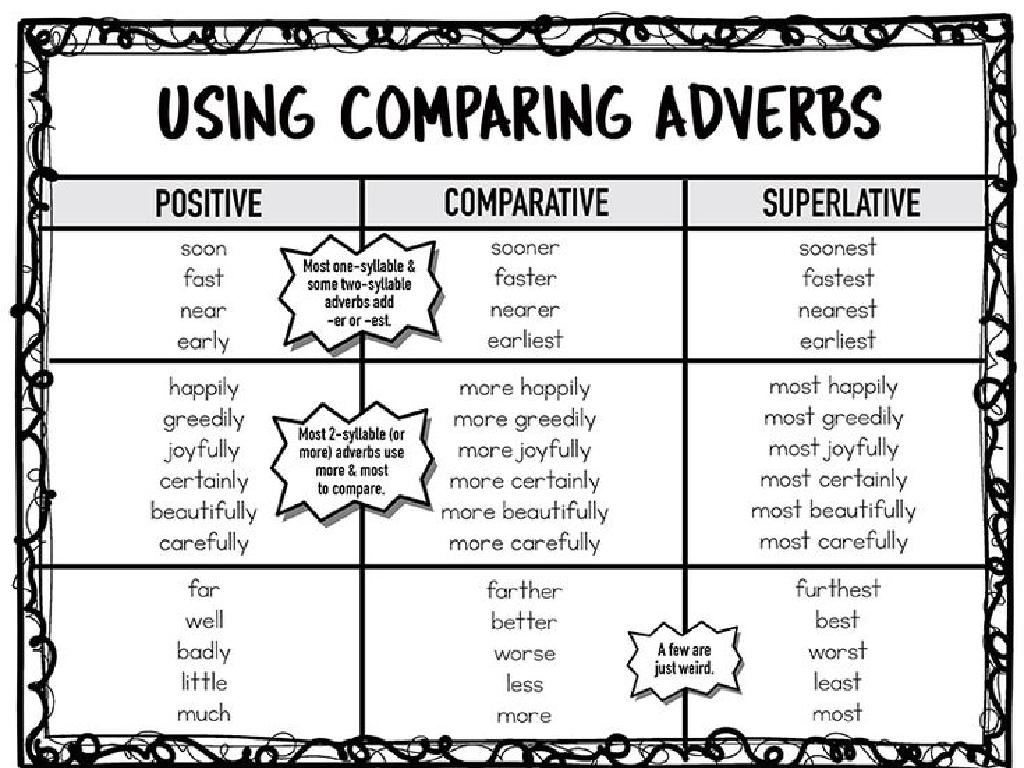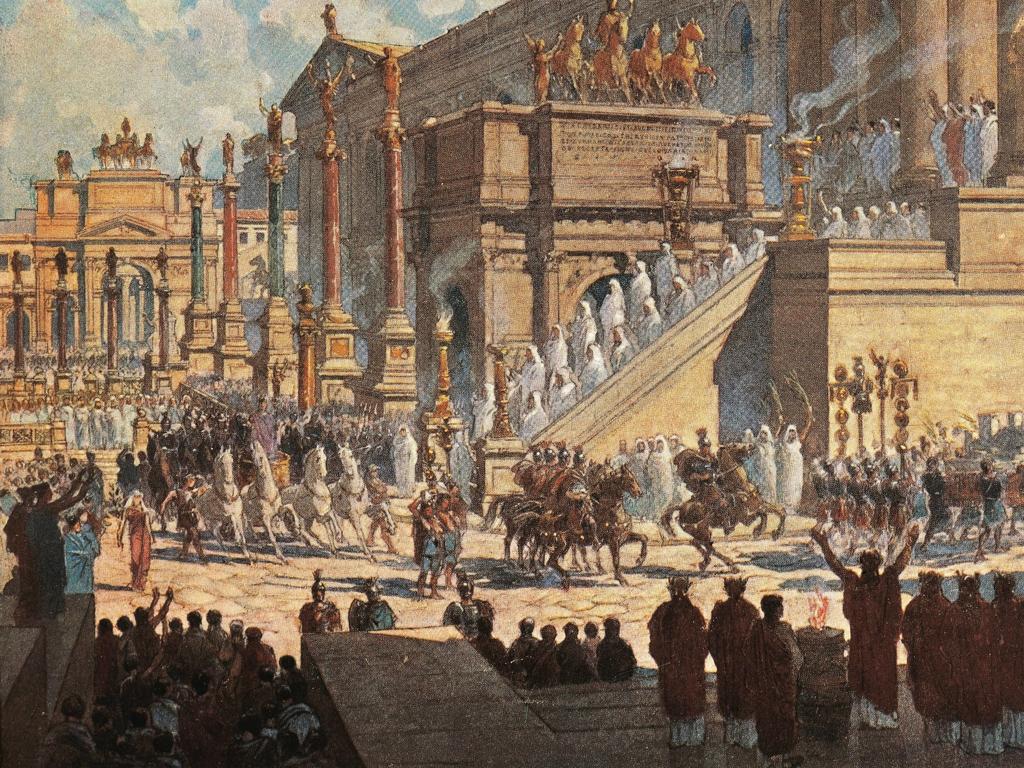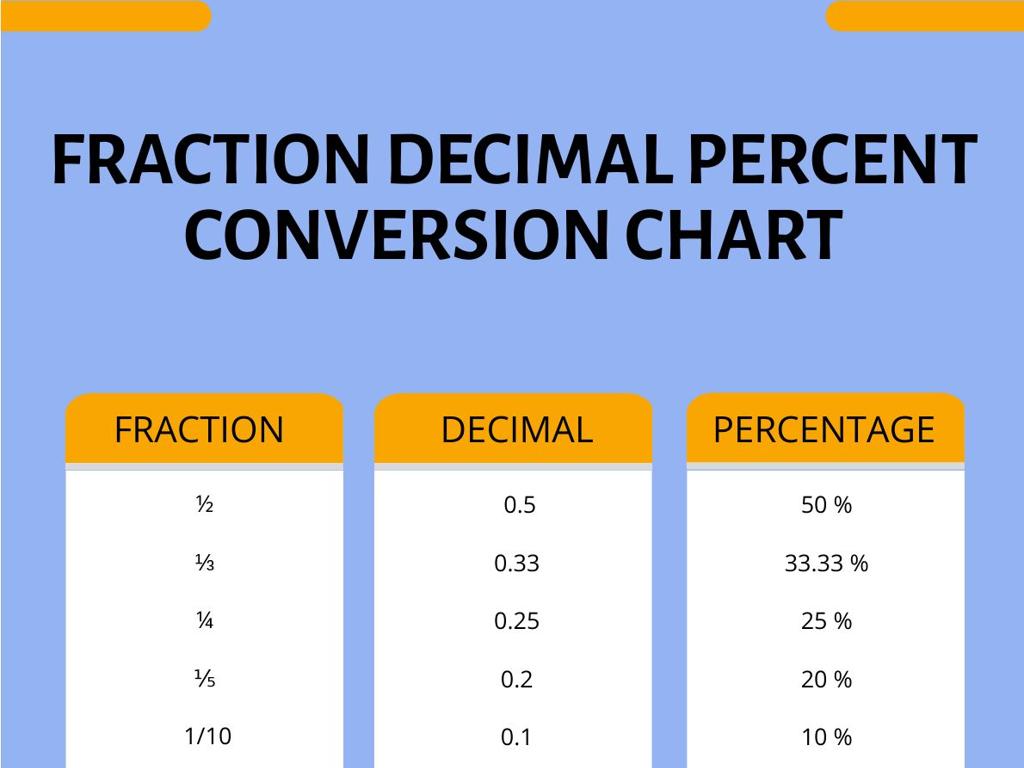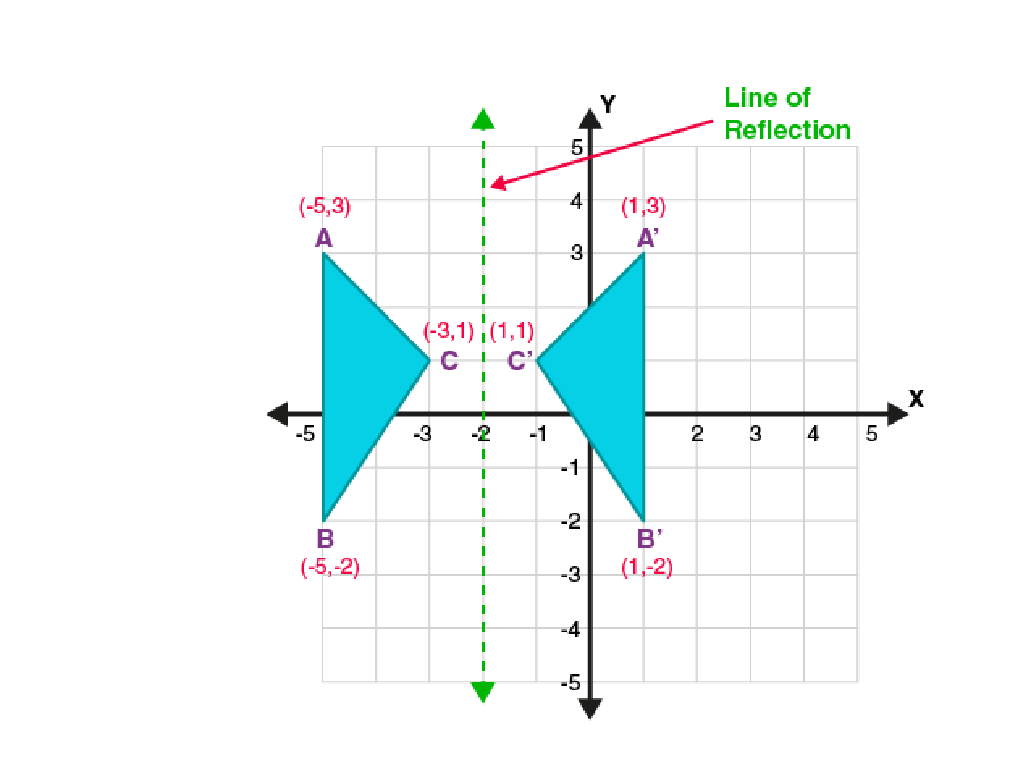The Enlightenment: Influences On Government
Subject: Social studies
Grade: Seventh grade
Topic: Early Modern Europe
Please LOG IN to download the presentation. Access is available to registered users only.
View More Content
The Enlightenment’s Impact on Government
– Exploring the Enlightenment Era
– A cultural movement emphasizing reason and individualism over tradition.
– Enlightenment ideas shaping governments
– Ideas like liberty, democracy, and separation of powers influenced modern political systems.
– Meet the key philosophers
– Philosophers like Locke, Montesquieu, and Rousseau challenged traditional authority.
– Their enduring impact on governance
– Concepts like social contracts and governmental checks and balances stem from their theories.
|
This slide introduces students to the Enlightenment, a pivotal era that revolutionized thinking and governance. It was a time when thinkers started to question the established order and propose new ideas about liberty, democracy, and justice. These ideas profoundly influenced the development of modern governments, introducing concepts like the separation of powers, which is fundamental to the United States Constitution. Highlight the contributions of key philosophers such as John Locke, who advocated for natural rights, Montesquieu, who proposed the separation of powers, and Rousseau, who developed the idea of the social contract. Encourage students to consider how these ideas continue to influence our lives today.
The Enlightenment: A New Era of Thought
– The Age of Reason explained
– Enlightenment was an intellectual movement emphasizing reason and individualism over tradition.
– Questioning tradition & authority
– Thinkers challenged established norms and the Church’s influence on society.
– Embracing individualism
– People began to see themselves as independent individuals with personal rights.
– Scientific inquiry’s role
– Science became a method to understand the world, moving away from superstition.
|
The Enlightenment, also known as the Age of Reason, was a pivotal movement in human history that shifted the focus from traditional and authoritative explanations of the world to a new way of thinking based on reason and individualism. It encouraged people to question long-held beliefs and the power structures of their time, including the Church and monarchy. This period saw the rise of scientific inquiry as a way to understand and shape the world, laying the groundwork for modern democracies and scientific advancements. In class, discuss how these ideas influenced the formation of governments and the rights of individuals. Encourage students to think about how these changes continue to impact our lives today.
Enlightenment Thinkers and Their Impact on Government
– John Locke: Natural rights concept
– Life, liberty, property rights; government’s legitimacy from people’s consent
– Montesquieu: Separation of powers
– Dividing government into branches to prevent abuse of power
– Rousseau: Social contract theory
– Agreement among free individuals to create a society and a government
– Influence on modern governance
– These ideas shaped democratic governments, including the U.S. Constitution
|
This slide introduces students to key philosophers of the Enlightenment and their contributions to modern political thought. John Locke’s ideas on natural rights and government by consent laid the foundation for democratic principles, emphasizing that a legitimate government must be based on the consent of the governed and must protect people’s rights. Montesquieu’s separation of powers influenced the creation of branches of government to ensure a system of checks and balances. Rousseau’s social contract theory highlighted the importance of popular sovereignty and the collective agreement of individuals to form societies and governments. These philosophies greatly influenced the development of modern democratic governments, including the structure of the United States government. Encourage students to think about how these ideas are reflected in current government systems and the importance of these concepts in protecting individual freedoms.
The Enlightenment’s Impact on U.S. Government
– Enlightenment ideas in the Constitution
– Ideas like ‘separation of powers’ influenced the Constitution’s framework.
– Democratic principles in the Bill of Rights
– Rights like freedom of speech and religion stem from Enlightenment thinking.
– Compare Enlightenment with other governments
– How do monarchies or dictatorships differ from Enlightenment-inspired governments?
– Influence on modern democracy
|
This slide aims to explore the profound influence of Enlightenment thinkers on the formation of the United States government. Highlight how the Constitution incorporates key Enlightenment ideas such as checks and balances, and separation of powers. Discuss how the Bill of Rights reflects democratic principles like individual liberties and how these ideas were revolutionary compared to other forms of government at the time. Encourage students to think about the differences between democratic governments and other forms like monarchies or dictatorships, emphasizing the unique aspects of Enlightenment influence on modern democratic systems.
Enlightenment’s Impact on Society
– Spread of ideas via literature
– Books, essays, and salons were key in disseminating new thoughts.
– Women’s role in the Enlightenment
– Women hosted salons, influencing discourse and ideas.
– Long-term educational effects
– Enlightenment thinking led to modern educational reforms.
– Influence on politics and culture
– Ideas about democracy and rights shaped modern governments and societies.
|
This slide explores the profound impact of the Enlightenment on society. It highlights how literature, including books and essays, played a crucial role in spreading Enlightenment ideas. Salons, often hosted by women, served as hubs for intellectual discussion, allowing these ideas to permeate through society. Women’s roles as salonnières were pivotal in shaping the intellectual landscape of the time. The Enlightenment also had lasting effects on education, promoting ideas of knowledge and reason as the basis for learning. Politically and culturally, the era’s emphasis on individual rights and democratic governance laid the groundwork for modern political systems and cultural norms. Encourage students to think about how these historical changes affect their lives today.
Enlightenment Thinkers Debate
– Divide into philosopher groups
– Present philosopher’s government ideas
– Focus on key concepts like freedom, rights, and social contract
– Engage in a class debate
– Discuss relevance to today’s world
– Which Enlightenment ideas can we see in our government?
|
This class activity is designed to immerse students in the ideas of Enlightenment thinkers and their impact on modern government. By dividing the class into groups, each representing a different philosopher such as Locke, Rousseau, or Montesquieu, students will actively engage with historical concepts. Each group will research and present their assigned philosopher’s ideas, focusing on their views on government structure, individual rights, and the social contract. Following the presentations, a class debate will allow students to discuss the relevance and application of these ideas in today’s society, encouraging critical thinking and a deeper understanding of the foundations of our political system. Provide guidance on debate etiquette and ensure each student has the opportunity to contribute.
Enlightenment Influence on Modern Government
– Enlightenment ideas in today’s government
– Examples: freedom of speech, separation of powers
– Importance of historical concepts
– Understanding history helps us appreciate and improve our government
– Applying Enlightenment to current issues
– Use critical thinking to address today’s challenges
– Class discussion and reflection
|
This slide aims to engage students in a reflective discussion on the enduring impact of Enlightenment ideas on contemporary governance. Students should identify elements like freedom of speech, equality before the law, and the separation of powers as Enlightenment ideals present in our government. Emphasize the importance of historical context in shaping our political systems and the value of these concepts in maintaining a democratic society. Encourage students to think critically about how Enlightenment thinking can be applied to current societal issues, fostering a connection between past philosophies and present-day problem-solving. Facilitate a class discussion where students can share their thoughts and learn from each other’s perspectives.
Homework: Enlightenment Thinker’s Influence
– Choose an Enlightenment thinker
– Write a one-page essay on their influence
– Focus on their key ideas and contributions
– Explain how their ideas shaped society
– Relate their philosophy to today’s government and rights
– Due next class for discussion
|
This homework assignment aims to deepen students’ understanding of the Enlightenment’s impact on modern government and society. Students should select an influential figure from the Enlightenment era, such as John Locke, Voltaire, or Montesquieu, and explore their fundamental ideas. The essay should discuss how these ideas contributed to the development of democratic principles, human rights, or legal systems. Encourage students to provide specific examples of how these Enlightenment concepts are reflected in contemporary society. This will prepare them for a thoughtful discussion in the next class, where they will share their insights and learn from their peers’ perspectives.






